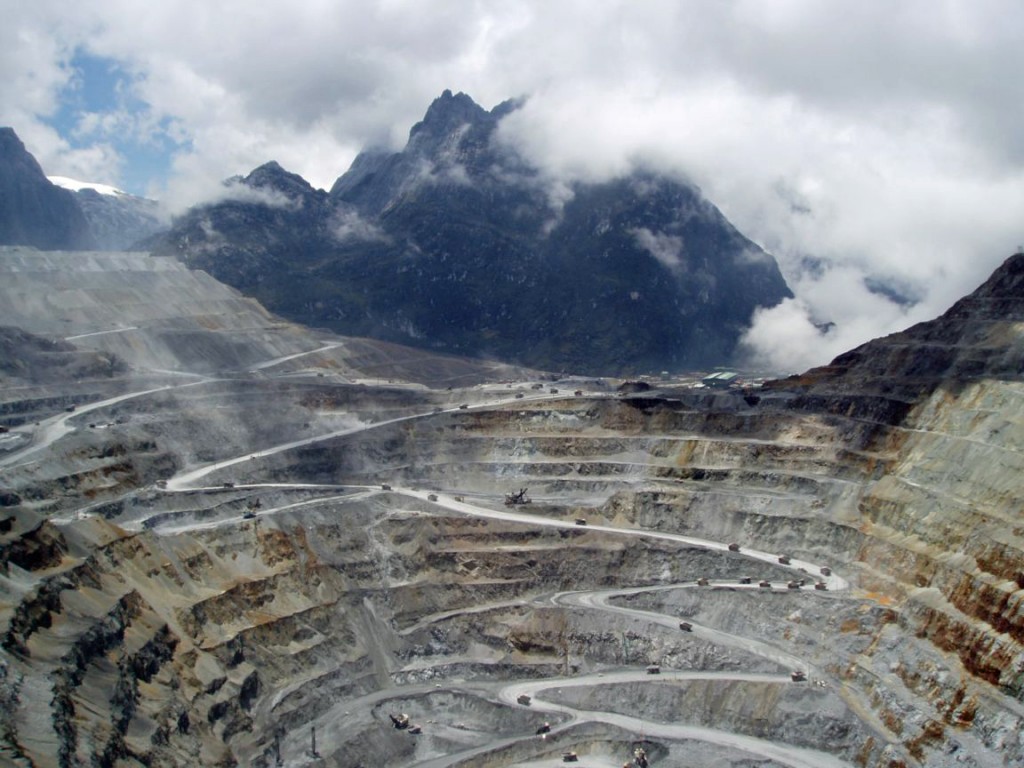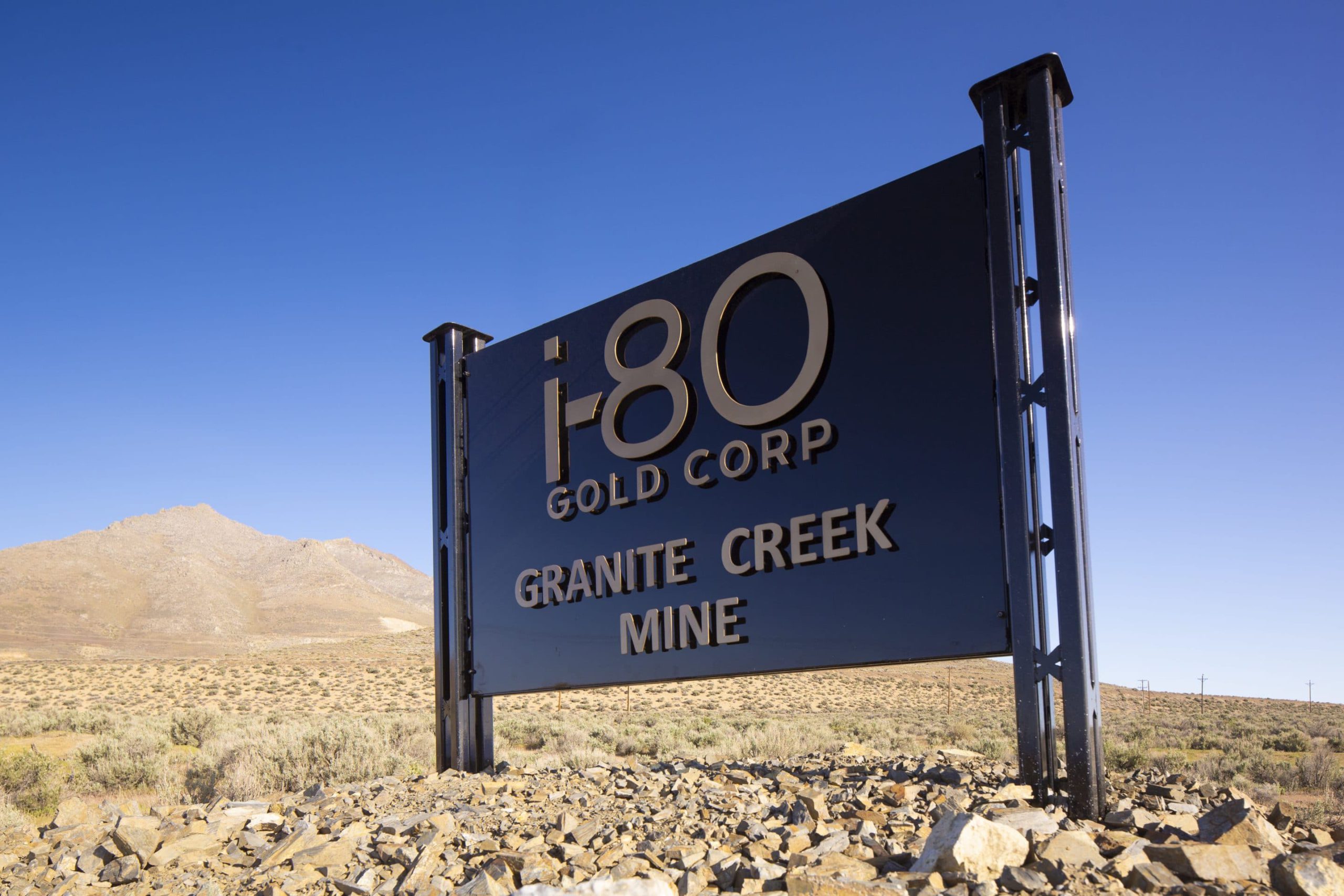Indonesia’s Freeport victory sets tone for foreign miners

JAKARTA (Reuters) – For many Indonesians, investment banker-turned-minister Ignasius Jonan is the man who made trains run on time.
Months after being handed the mining portfolio, the minister notched up a bigger victory; securing majority local ownership of Grasberg – one of the world’s biggest gold and copper mines – following months of difficult negotiations with U.S. giant Freeport-McMoRan Inc.
Foreign control of mines has been sore point for many Indonesians, who view it as a legacy of an authoritarian past when a ruling elite cut sweetheart deals to carve up precious resources.
The framework agreement with Freeport on Aug 29 was seen as a victory for Indonesia and a political win for President Joko Widodo as the U.S.-based company agreed, among other measures, to cut its mine ownership from more than 90 percent to below 50 percent in favor of Indonesian owners.
The deal showed other multi-nationals in the sector Jakarta intended to wrestle back mine ownership, part of the motivation behind a mining law introduced in 2009 that targets the replacement of mining contracts with a new mining permit system, scaling back miners’ legal rights over their operations.
Jonan, Freeport Indonesia and Freeport McMoRan declined to comment for this story.
The 54-year-old Jonan knew little about the resources sector when he took the mines portfolio, but Widodo saw the qualities he needed to lead the negotiations – a brash but principled negotiator with resolve to get the job done. The former banker had overhauled the state rail company, expanding and improving the Dutch colonial-era rail network, including its time keeping.
But appointed transport minister in 2014, Jonan clashed with Widodo and was dropped from the cabinet two years later. Rather than writing him off though, the president, who had described Jonan as “stubborn”, asked him to lead the Freeport negotiations as mining minister.
Importantly, Widodo thought Jonan “could be trusted” to carry out his wishes to the letter, said Mangantar S. Marpaung, a former ministry of mines and energy director, referring to Widodo’s recognition of Jonan’s principled stands on getting projects completed to high standards.
Jonan teamed up for the talks with Finance Minister Sri Mulyani Indrawati, a former World Bank managing director and the best-known technocrat internationally on Widodo’s cabinet. She declined to comment.
They brought a more principled approach to the talks than Indonesia had shown in many previous such negotiations, which were often sidetracked as powerful businessmen sought to lay claim to some ownership of the mines, sources with knowledge of the matter said. They declined to be identified because of the sensitivity of talking publicly about the negotiations.
”When Sri Mulyani stepped in, that was a clear sign to everybody that a deal could be done and probably would be done,” said one of the sources, a member of the U.S. business community in Jakarta who has tracked the negotiations closely.
After the framework agreement, their job now is to secure a final agreement.
Freeport CEO Richard Adkerson acknowledged his company had made major concessions in the negotiations. Apart from giving up its majority ownership, it agreed to increase revenues to Indonesia, build a smelter to process some of the mine’s output and to invest up to $20 billion in the mine by 2031 – measures that were not open to compromise, Widodo had told Jonan.
Securing a final agreement could take months of talks over the valuation of Freeport’s stake, which will partly be determined by agreeing on the trajectory of the mine’s future profits and its commercial reserves, said Marpaung.
Grasberg’s 30 million pounds of copper reserves account for a third of Freeport’s global portfolio.
Indonesia held about 20 meetings with Freeport. Jonan told Reuters in August it was important to treat Freeport like any other company because “they are not sovereign. We are not dealing with a country.”
Initially, negotiations looked ominous. In January, Indonesia halted Freeport’s copper concentrate exports as it tried to press the company to accept Indonesia’s new mining laws.
A month later, Adkerson threatened international arbitration, which would tie up the talks for months. He told reporters the rules Indonesia was trying to impose were “in effect a form of expropriation”.
In a Reuters interview, Jonan shot back the government was “more than ready” for court.
ON TRACK
By March, both sides recognized they were losing millions of dollars in revenues, so they dialed back the tensions.
Freeport received a “special mining permit” allowing its exports to resume.
When Jonan and Adkerson met over breakfast on July 26 at the St Regis hotel in Houston, the only outstanding issues were taxes and royalties, a source with knowledge of the issue said.
And when Adkerson signed the framework agreement in August, he was wearing a colorful Indonesian batik shirt, a sign of improved ties, contrasting with the more sober black suit he wore at a news conference in February.
Still, Widodo’s win may come at a price, with big investors monitoring the Freeport talks for a measure of how much ground they may have to give under new contracts in Southeast Asia’s largest economy.
“If they’re wanting to attract foreign investment, this isn’t going to help Indonesia much,” said Matthew Miller, an analyst at independent investment research firm CRFA in New York.
(Story by Fergus Jensen and Ed Davis. Additional reporting by Wilda Asmarini, Hidayat Setiaji and Kanupriya Kapoor in JAKARTA, Susan Taylor in TORONTO and Nicole Mordant VANCOUVER; Editing by Neil Fullick)
{{ commodity.name }}
{{ post.title }}
{{ post.date }}




Comments